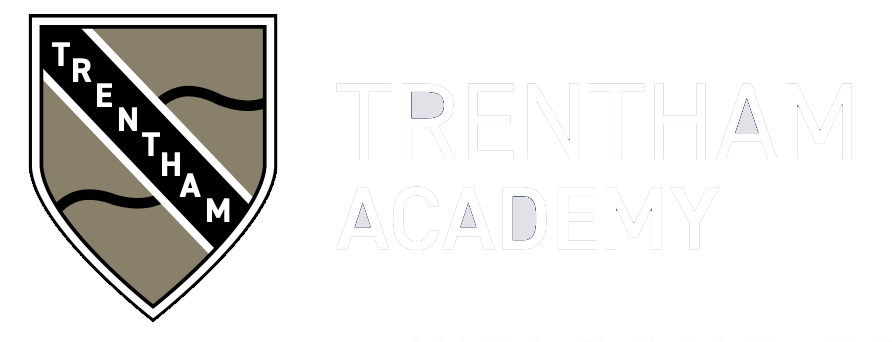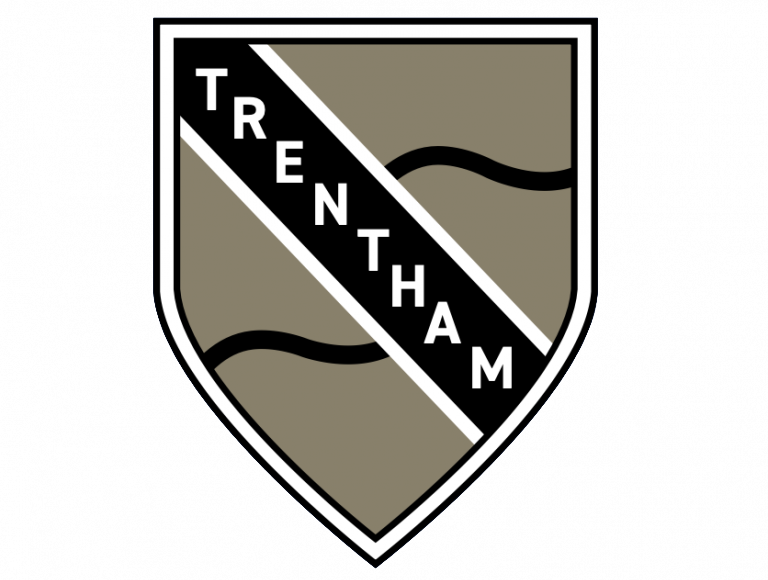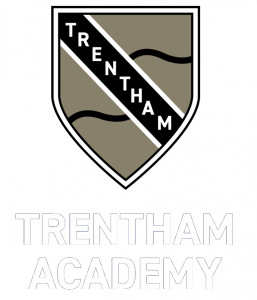Music Overview
In Music, students develop and expand their knowledge of many musical genres, developing and refining skills in singing, instrumental techniques, composing and performing. Music is a very practical subject, in which students work independently either individually, in pairs or in groups. Students will also develop skills in the increasingly important area of music technology, and learn how to use DAWs to record and create music. Students spend time listening to lots of different types of music from all over the world to develop their repertoire and knowledge.

The Key Stage 3 curriculum for Music is represented in three domains:
- Performance
- Composition
- Listening and appraisal
Each of these elements is taught independently and in combination to develop well-rounded musicianship.
Performance – Students are given lessons on singing technique, and singing as a whole class choir, before singing in smaller ensembles. Through singing, they learn about harmony, texture and dynamics.
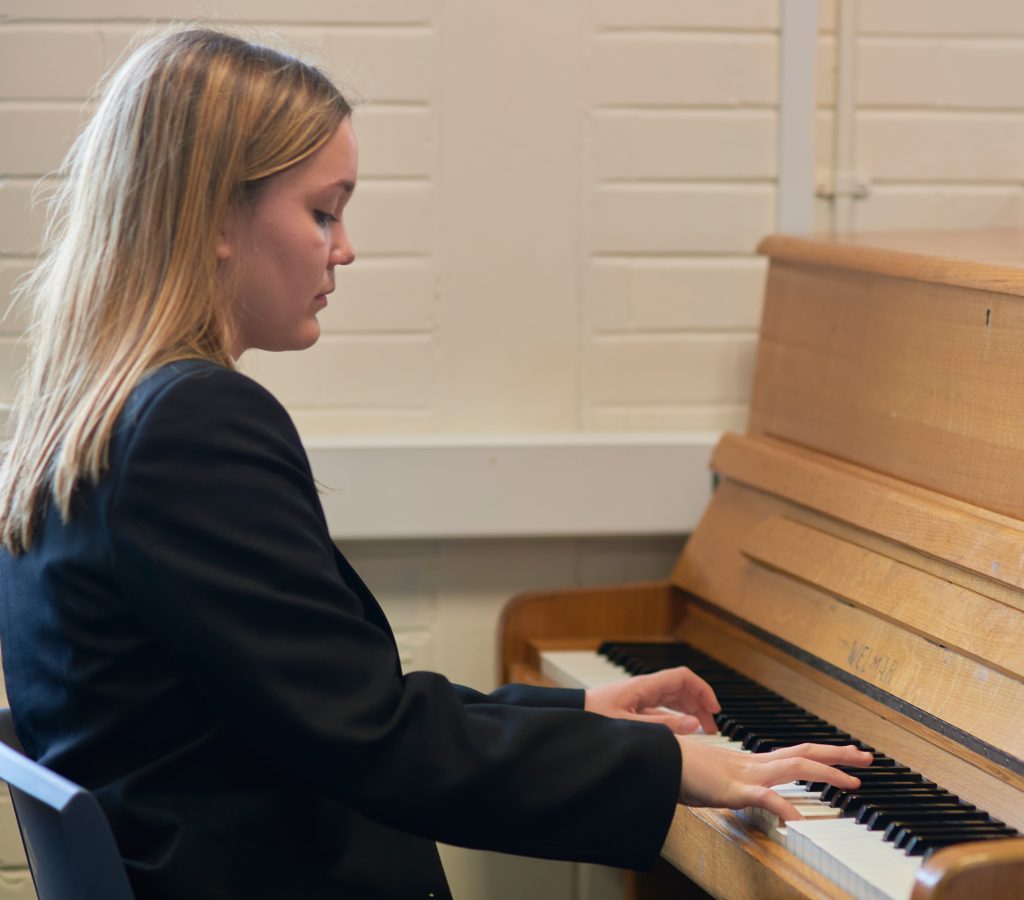
Students are given practical theory lessons, taught largely through the medium of keyboards, though the knowledge gained in these lessons can be applied to any instrument. Students also take part in djembe drumming workshops to develop their sense of rhythm and timing. Throughout, they develop skills so that they can perform together as an ensemble.
At the end of each unit, students perform a song or composition in front of their classmates. In year 7, students perform pre-existing songs, and in year 8, students perform original songs. Students who would like to take up further instrumental or vocal study are given the chance to have instrument-specific lessons delivered in partnership with City Music Service.
Students learn about chords and accompaniment patterns including block chords, arpeggio chords, bass lines and chord inversions. They analyse and learn to play the accompaniment of well-known songs on the keyboard, focusing on accuracy.
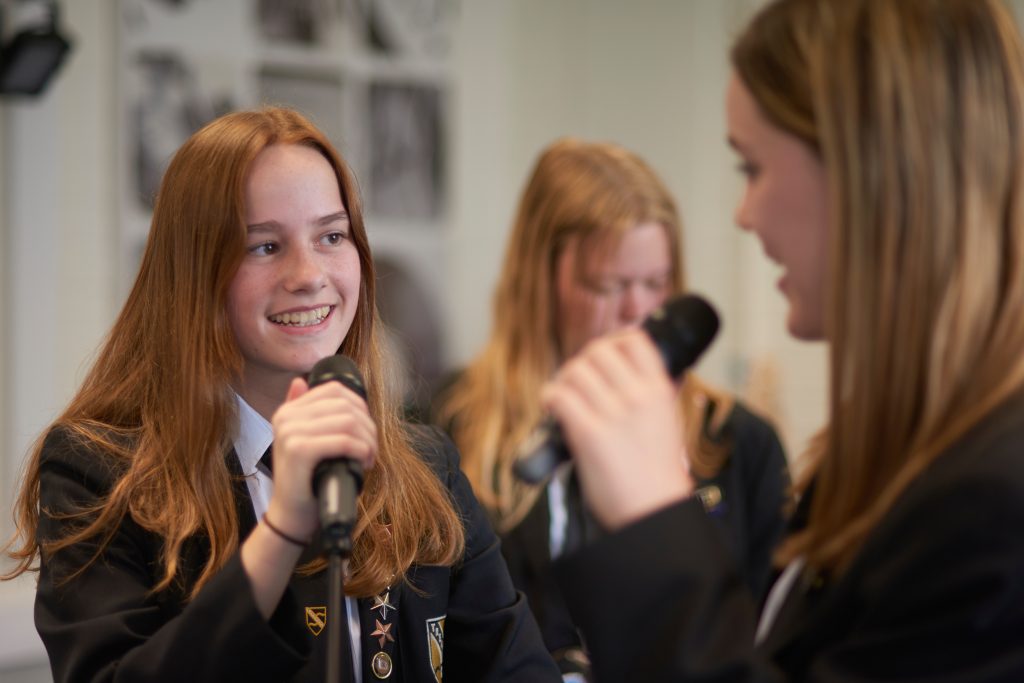
Students learn about the characteristics of effective solo and ensemble performances including accuracy, expression and interpretation. Students also learn about effective rehearsal techniques. Students listen to and appraise vocal and instrumental performances covering a range of instruments, voices and musical styles.
Composition – Students are taught how to create their own music both with and without the use of music technology. Technology plays an important role in allowing students to manipulate sound for specific musical outcomes. Students begin their compositional journey by learning to use the 12-bar blues chord progression as a basis for a blues composition. They are expected to create multi-track recordings of their original songs.
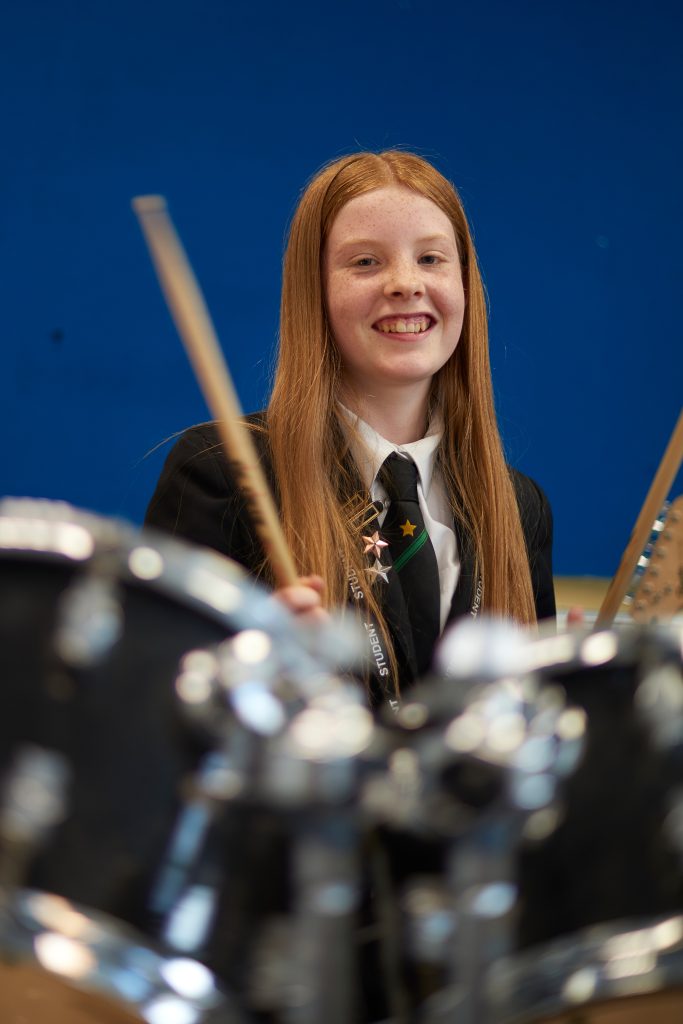
Listening and Appraisal – Students will be exposed to a wide range of musical idioms, styles and genres and, by understanding the roots and techniques involved in this music, be able to incorporate elements into their own compositions. Students will be introduced to the acronym DR.P.SMITH to help them understand and rationalise what they are hearing beyond the melodic line and then to calculate the quality and intention of what they are listening to.
- D – Dynamics = the volume, phrasing, and tempo manipulations
- R – Rhythm = the duration of each note in relation to the notes around it and how multiple rhythms combine
- P – Pitch = the range of notes used and who/what the piece is intended for
- S – Structure = the way a piece of music is constructed or put together, its overall shape.
- M – Melody = a single line of pitch and rhythm which may form into a ‘tune’
- I – Instruments = the timbre or sound quality individual and combined real and virtual sounds and the sources
- T – Texture = the way multiple lines of music are combined to create different effects
- H – Harmony = the way different pitches combine to create chords and counterpoint (homophony and polyphony = single groups of notes as in a hymn and multiple lines of music such as a symphony)
Where can Music take me?

Music Department
Mr H Gore
BTEC Music Practice qualification (all cohorts)
